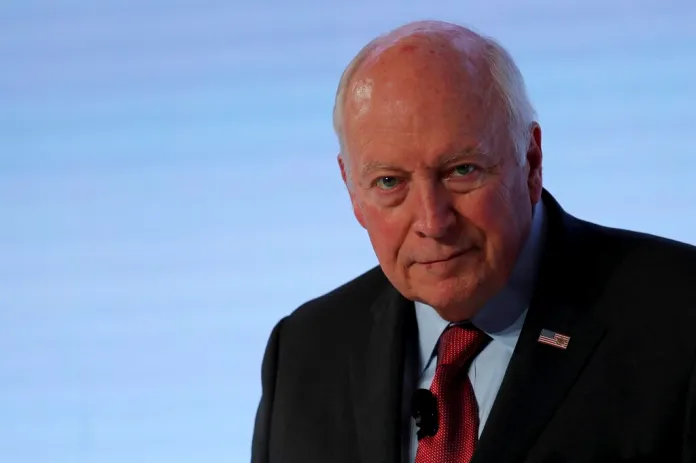The news of Dick Cheney’s passing at age 84 sparked a complex wave of reactions, a testament to a life lived at the very center of American power and controversy. He succumbed to complications from pneumonia and long-standing heart issues, a final battle for a man who had already faced five heart attacks and a life-saving transplant in 2012.
For those who served alongside him, the sentiment was one of profound respect and gratitude. Condoleezza Rice, who worked with Cheney during both the Bush administrations, remembered his unwavering integrity and deep patriotism. She highlighted his crucial role in navigating the nation through the aftermath of 9/11, describing him as an inspiring mentor and a steadfast friend.
Others echoed this sense of dedication. Former Secretary of State Mike Pompeo acknowledged Cheney’s lasting impact on conservative principles and American leadership, noting his willingness to sacrifice personal success for public service. Rory Cooper, a veteran of the Bush-Cheney team, simply stated he wouldn’t have traded his eight years working with the former Vice President for anything.
Even those with differing political views acknowledged Cheney’s strength of conviction. The Lincoln Project, known for its opposition to the Republican party, recognized him as a genuine conservative who wasn’t afraid to make difficult decisions, even if it meant facing ostracism. This sentiment alluded to Cheney’s later, surprising endorsement of a Democratic presidential candidate.
However, Cheney’s legacy remains deeply divisive. For many, his name is inextricably linked to the Iraq War, a conflict that continues to shape global politics. Critics were quick to condemn his actions, with some expressing outright disdain even in the wake of his death.
The starkest reactions came from those who viewed Cheney as a figure of profound negativity. Accusations of war crimes and “evil” were leveled, reflecting the deep-seated anger and resentment that his policies engendered. These responses underscored the enduring controversy surrounding his time in office.
Beyond the political storm, Cheney leaves behind a family – his wife, Lynne, and his daughters, Liz and Mary – who now navigate a period of grief and remembrance. His life, a tapestry woven with threads of power, controversy, and unwavering conviction, has undeniably left an indelible mark on American history.
The outpouring of responses, both laudatory and critical, serves as a powerful reminder of the complexities of leadership and the enduring consequences of decisions made on the world stage. Dick Cheney’s story is not simply one of a politician, but a reflection of a nation grappling with its own past and future.






